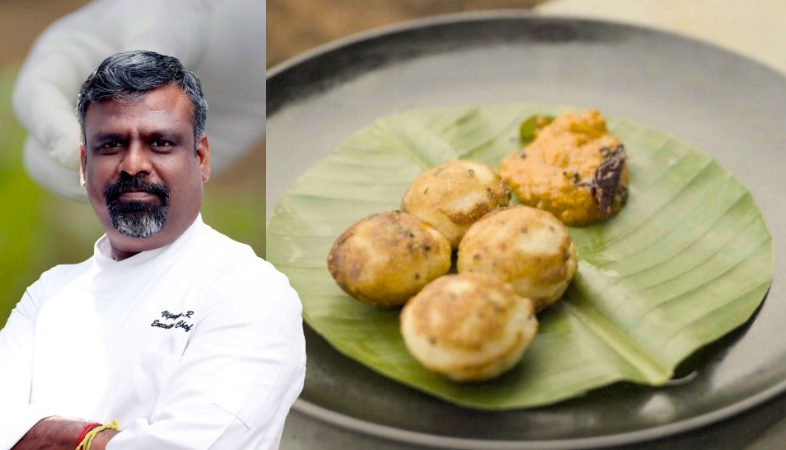SHARE
Commercials
More Posts
Apr 18, 2025
Cheese Paniyaram - By Chef R. Vijayan
Nov 18, 2024
Bela Pana - By Biswajit Das
Mar 15, 2025
Rajesh Kumar Takes Charge as Unit Manager at Sodexo
Feb 03, 2025
Honey Pepper Rose Petals - By Chef Selva Kumar
Feb 19, 2025
Dhokla Chicken Tikka Sandwich - By Chef Hardev Singh
Apr 18, 2025
Cheese Paniyaram - By Chef R. Vijayan
Nov 18, 2024
Bela Pana - By Biswajit Das
Mar 15, 2025
Rajesh Kumar Takes Charge as Unit Manager at Sodexo
Feb 03, 2025
Honey Pepper Rose Petals - By Chef Selva Kumar
Feb 19, 2025
.png)




























